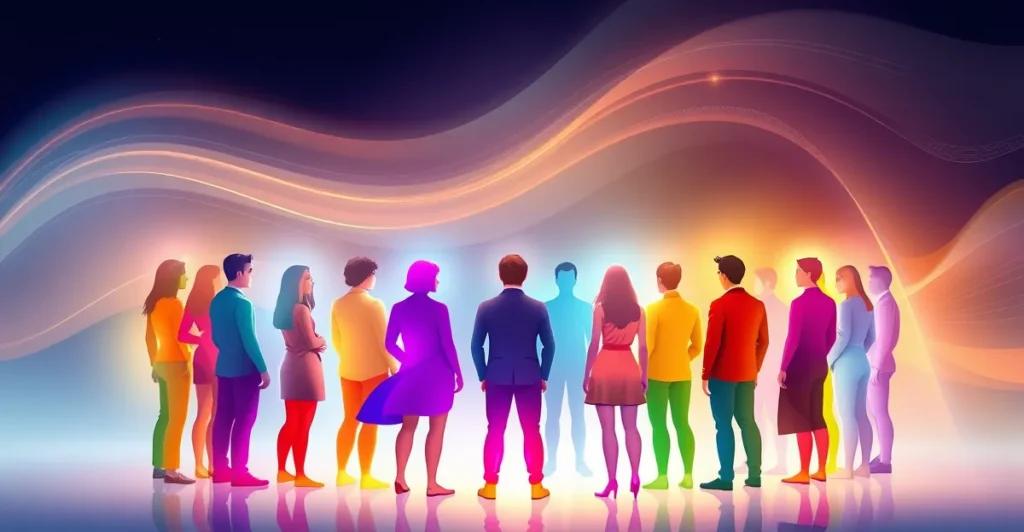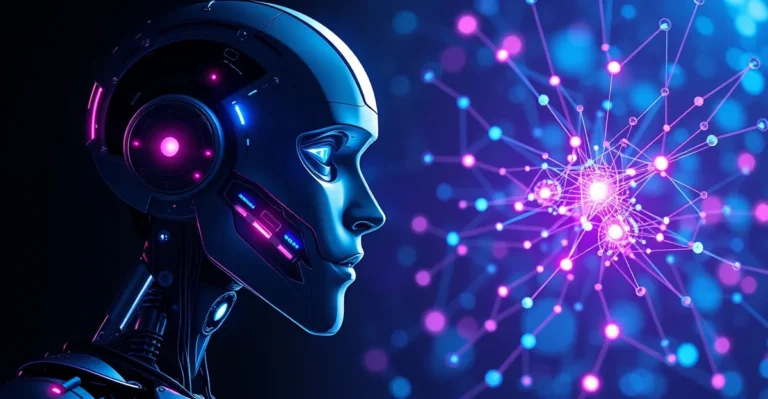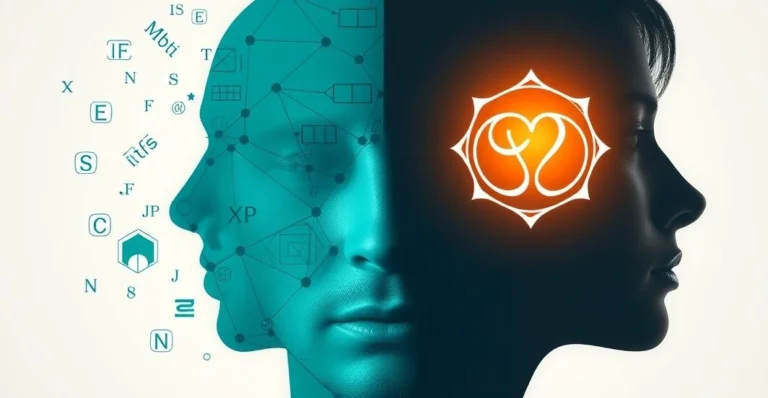The 16 Myers-Briggs Personality Types Explained (With Examples)

What Is the Myers-Briggs Personality Test?
The Myers-Briggs Type Indicator (MBTI) is one of the world’s most popular personality frameworks. Developed by Isabel Briggs Myers and Katharine Cook Briggs, it classifies people into 16 distinct personality types based on four dichotomies:
- Introversion (I) vs. Extraversion (E)
- Sensing (S) vs. Intuition (N)
- Thinking (T) vs. Feeling (F)
- Judging (J) vs. Perceiving (P)
Each person receives a four-letter type (e.g., INFJ, ESTP) that highlights their strengths, challenges, and preferred ways of interacting with the world.
A Quick Overview of MBTI
Unlike IQ tests, MBTI doesn’t measure intelligence—it reveals personality preferences. It’s widely used for self-discovery, relationships, and career guidance.
How the Four Dichotomies Work
- Introversion vs. Extraversion – Do you recharge alone (I) or with people (E)?
- Sensing vs. Intuition – Do you trust facts (S) or patterns/ideas (N)?
- Thinking vs. Feeling – Do you decide with logic (T) or values (F)?
- Judging vs. Perceiving – Do you prefer structure (J) or flexibility (P)?
The 16 Myers-Briggs Types Explained
Here’s a breakdown of all 16 MBTI types—with famous examples to make them relatable.
ISTJ – The Inspector
- Traits: Practical, reliable, detail-oriented.
- Example: Angela Merkel (former German Chancellor).
- In Action: ISTJs thrive in structured environments and value responsibility.
ISFJ – The Nurturer
- Traits: Loyal, caring, protective.
- Example: Mother Teresa.
- In Action: They are natural caregivers, putting others’ needs first.
INFJ – The Advocate
- Traits: Insightful, idealistic, compassionate.
- Example: Martin Luther King Jr.
- In Action: INFJs fight for causes and deeply understand others.
INTJ – The Mastermind
- Traits: Strategic, independent, visionary.
- Example: Elon Musk.
- In Action: They plan long-term and are driven by big ideas.
ISTP – The Virtuoso
- Traits: Hands-on, adaptable, problem-solver.
- Example: Clint Eastwood.
- In Action: ISTPs enjoy practical challenges and risk-taking.
ISFP – The Artist
- Traits: Creative, sensitive, spontaneous.
- Example: Britney Spears.
- In Action: ISFPs bring artistry into everyday life.
INFP – The Mediator
- Traits: Idealistic, empathetic, imaginative.
- Example: J.K. Rowling.
- In Action: INFPs are driven by values and creative visions.
INTP – The Thinker
- Traits: Analytical, curious, inventive.
- Example: Albert Einstein.
- In Action: INTPs enjoy solving theoretical problems.
ESTP – The Dynamo
- Traits: Energetic, bold, spontaneous.
- Example: Madonna.
- In Action: ESTPs thrive in fast-paced environments and take risks.
ESFP – The Performer
- Traits: Fun-loving, outgoing, expressive.
- Example: Marilyn Monroe.
- In Action: ESFPs bring energy to social situations.
ENFP – The Campaigner
- Traits: Enthusiastic, optimistic, creative.
- Example: Robin Williams.
- In Action: ENFPs inspire others with their passion.
ENTP – The Visionary
- Traits: Witty, bold, innovative.
- Example: Mark Cuban.
- In Action: ENTPs thrive on new ideas and challenges.
ESTJ – The Executive
- Traits: Organized, practical, decisive.
- Example: Judge Judy.
- In Action: ESTJs value order and lead with authority.
ESFJ – The Provider
- Traits: Warm, loyal, socially responsible.
- Example: Taylor Swift.
- In Action: ESFJs build harmony and take care of others.
ENFJ – The Teacher
- Traits: Charismatic, inspiring, supportive.
- Example: Oprah Winfrey.
- In Action: ENFJs guide others toward growth.
ENTJ – The Commander
- Traits: Assertive, strategic, leadership-driven.
- Example: Steve Jobs.
- In Action: ENTJs are natural leaders who push innovation forward.
How to Find Out Your MBTI Type
Curious which of these 16 types matches you best?
👉 Try our Free Myers-Briggs Personality Quiz to discover your type today.
Why MBTI Still Matters in 2025
Despite criticism, MBTI remains popular because it’s easy to understand and apply. From workplaces to fandom discussions, MBTI offers a shared language for self-awareness and understanding others.
Final Thoughts
The 16 Myers-Briggs personality types each reflect unique ways of experiencing the world. Whether you’re a visionary ENTP, a thoughtful INFJ, or a practical ISTJ, there’s value in knowing yourself—and appreciating others’ strengths.
Take the next step in your journey with our interactive MBTI quiz and explore how your personality influences your life.
FAQs
1. What are the 16 Myers-Briggs personality types?
They are personality categories based on MBTI’s four dichotomies, combining to form types like INFJ, ENTP, and ESTJ.
2. Which Myers-Briggs type is the rarest?
INFJ is often considered the rarest type, making up around 1–2% of the population.
3. Can your MBTI type change over time?
Your core preferences usually stay stable, but life experiences can influence how strongly you identify with certain traits.
4. Who created the Myers-Briggs test?
Isabel Briggs Myers and Katharine Cook Briggs developed it, inspired by Carl Jung’s theories.
5. How accurate is the MBTI test?
It’s not a scientific predictor but is widely valued for self-reflection and growth.






